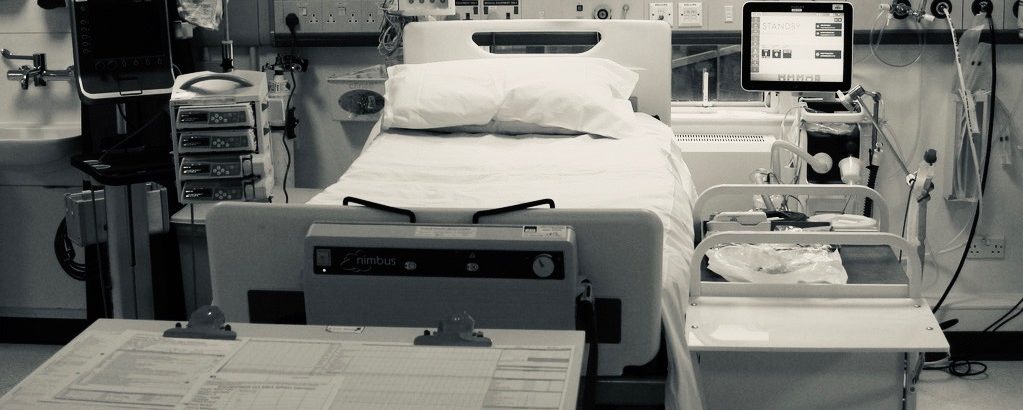Post-traumatic amnesia (PTA) is the time after a period of unconsciousness when the injured person is conscious and awake, but is behaving or talking in a bizarre or uncharacteristic manner.
The person has no continuous memory of day-to-day events and they may be unable to remember what happened a few hours or even a few minutes ago. PTA can sometimes occur without the person having been unconscious beforehand.
The behaviour exhibited during PTA can be very distressing for family and friends to see.
Post-traumatic amnesia symptoms
The most obvious symptom is the loss of memory. The person may recognise family and friends but be unable to process the fact that they are in hospital or have had an injury of some kind.
Other symptoms of PTA include:
- Confusion, agitation, distress and anxiety
- Uncharacteristic behaviours such as violence, aggression, swearing, shouting, disinhibition
- Inability to recognise familiar people
- Tendency to wander
What can be done about post-traumatic amnesia?
PTA is a stage of recovery that the person goes through after the injury. While it is very distressing for family and friends and may present a management problem for hospital staff, it is important to remember that this is a phase that will pass.
How long will post-traumatic amnesia last?
PTA may last for a few minutes, hours, days, weeks or even, in rare cases, months. Sadly, there is usually no way of predicting exactly how long it will last.
What are the long-term effects?
PTA itself does not have any adverse effects, unless the person’s behaviour causes them to injure themselves. However, the duration of PTA, along with length of time in coma, is a good indicator of the severity of the brain injury and its likely long-term effects.

Comments are closed